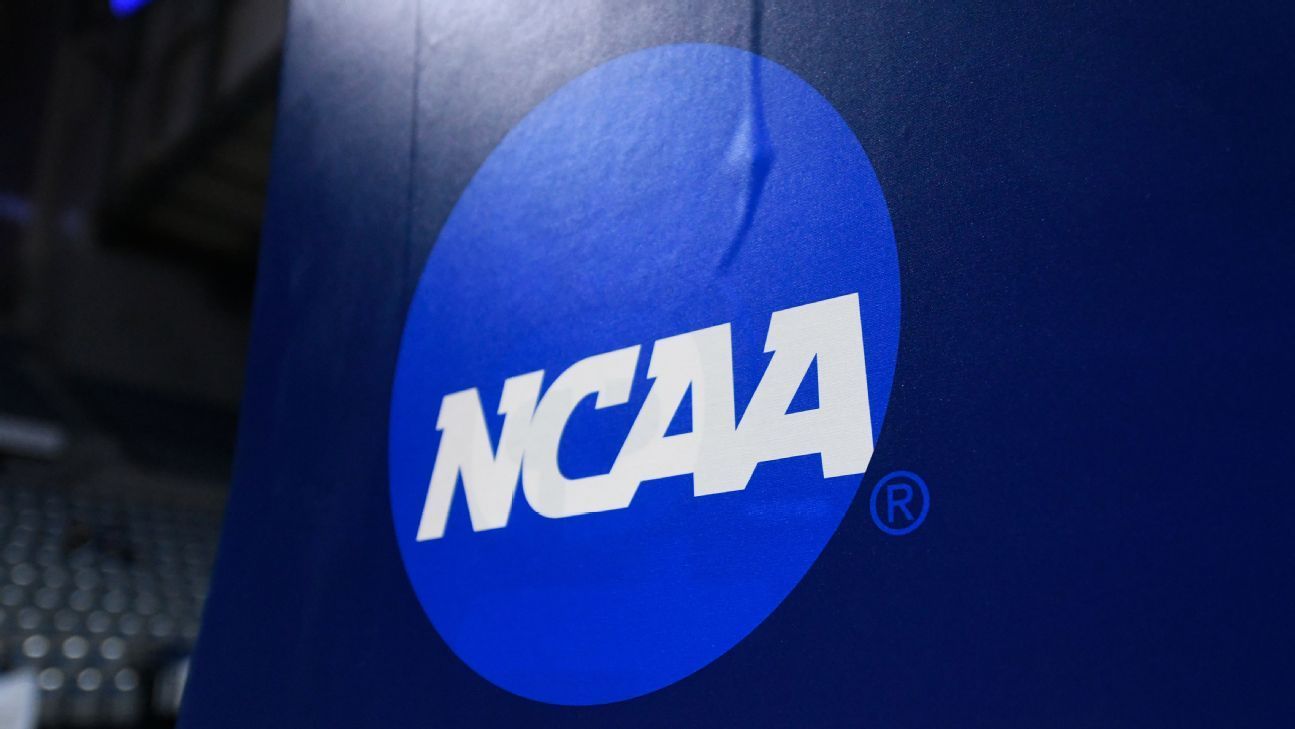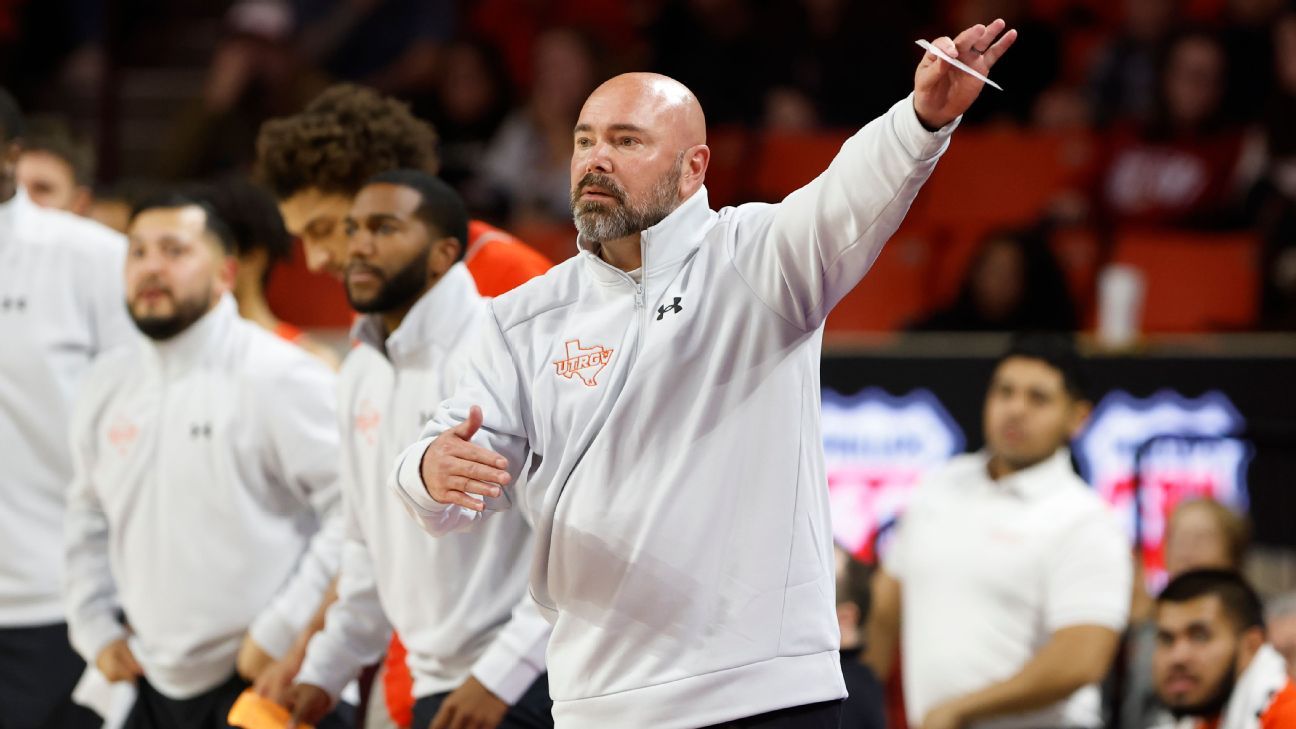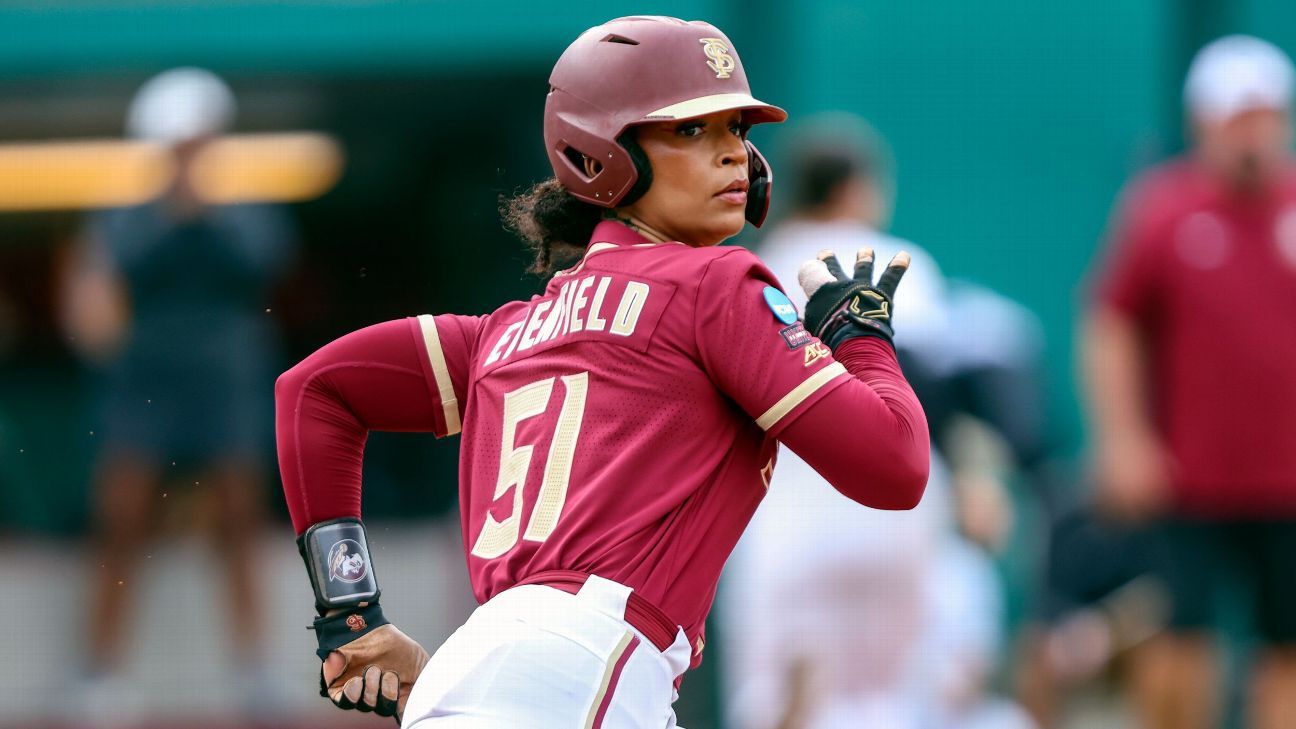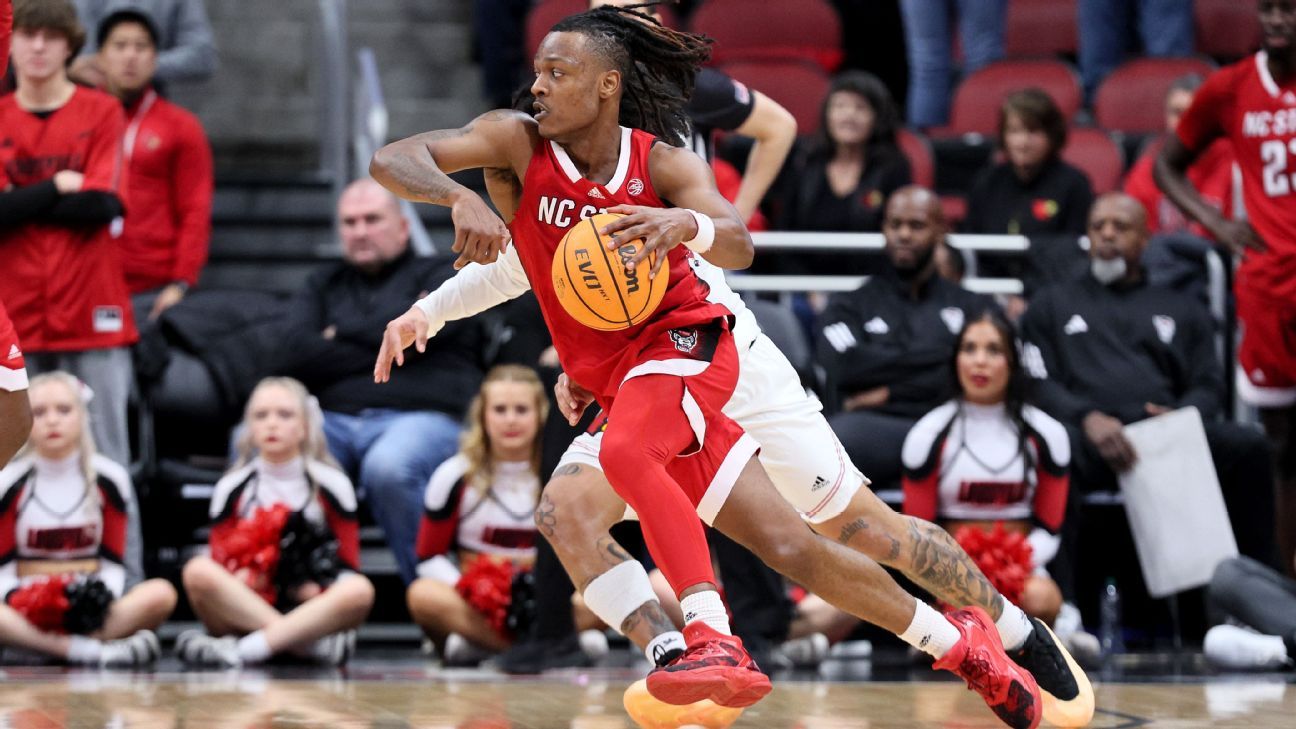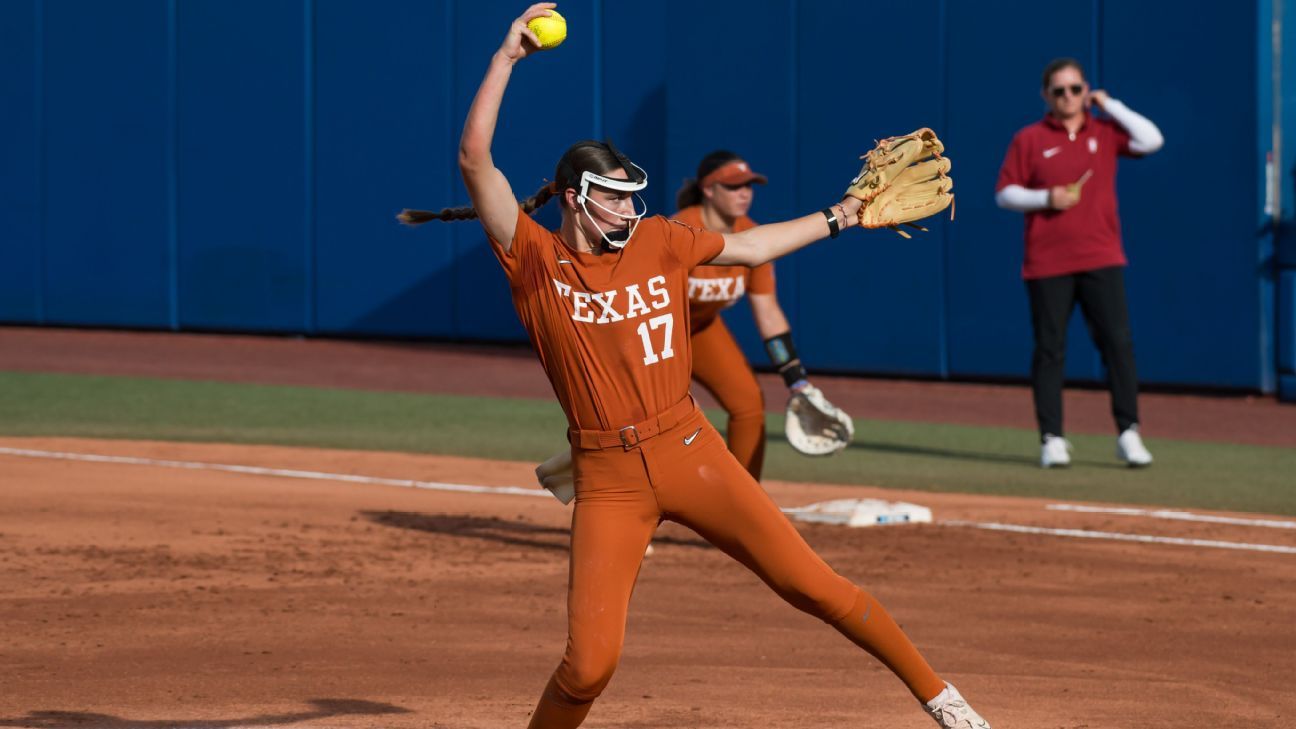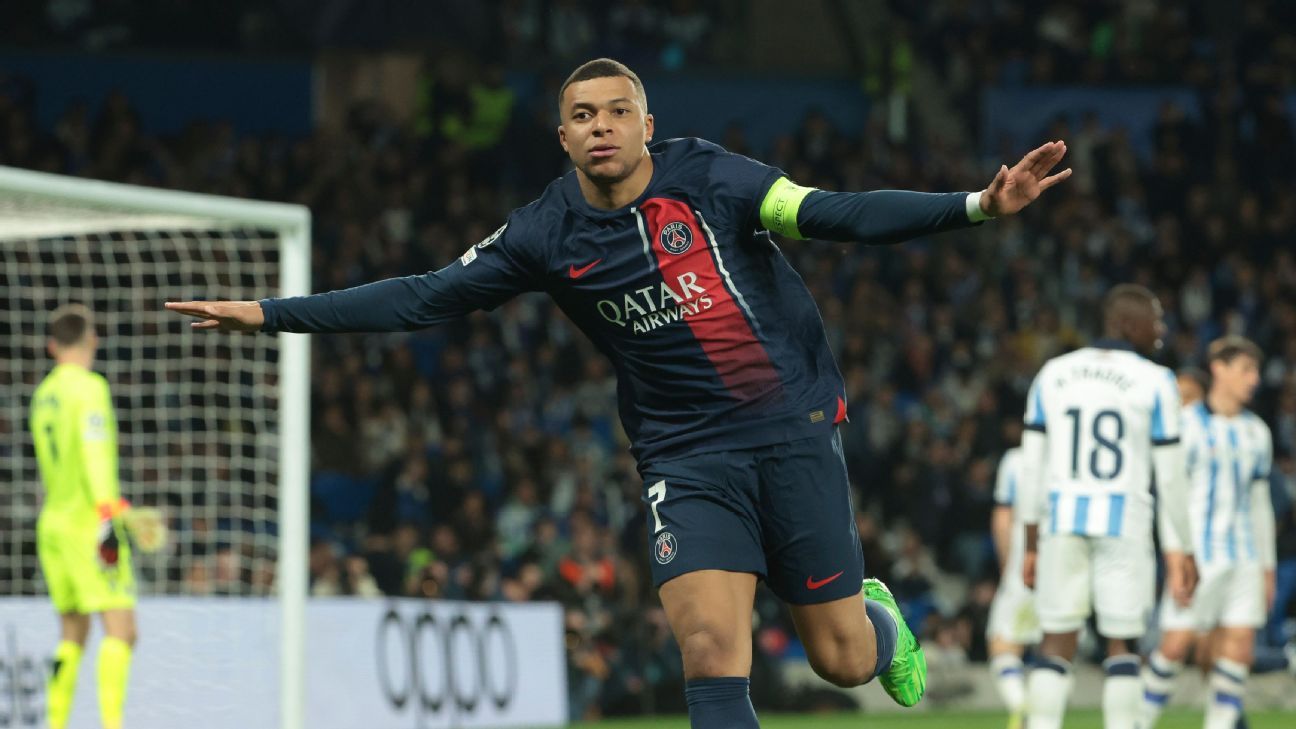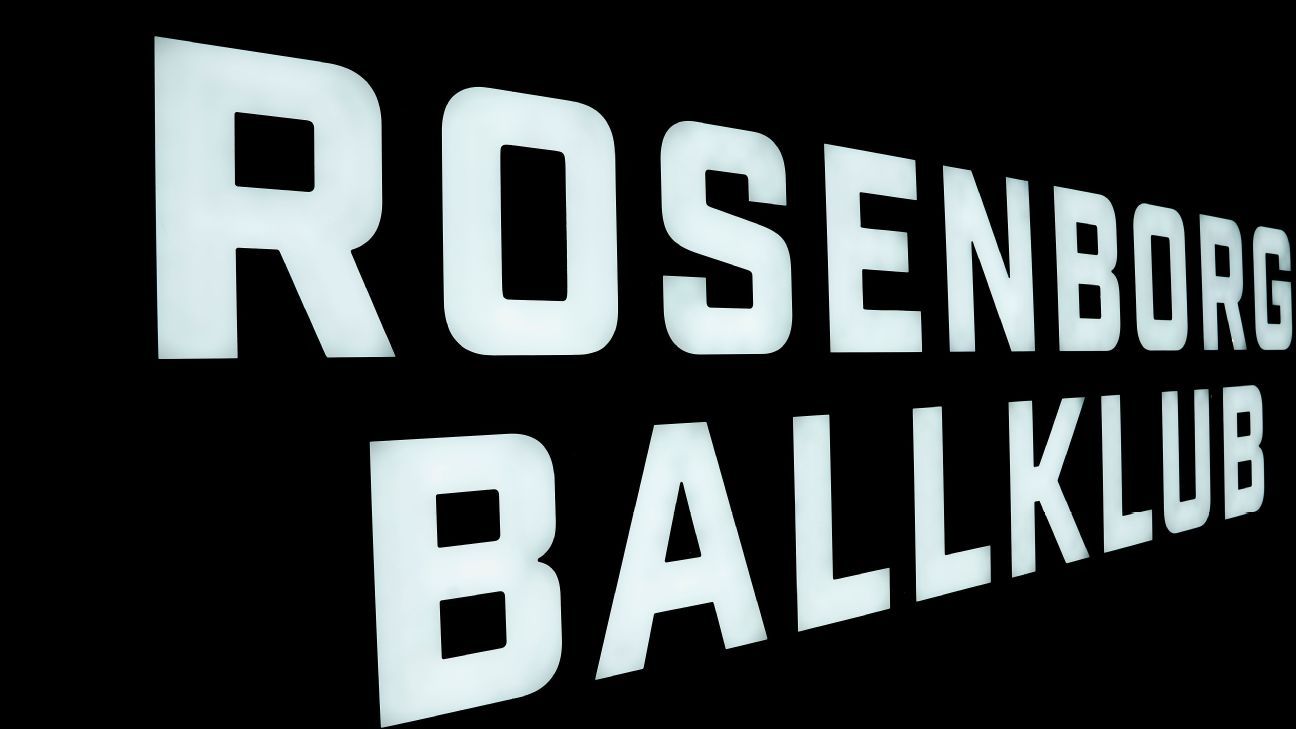A prominent college athletes advocacy group announced Thursday that it opposes the $2.8 billion settlement of antitrust litigation between the NCAA and major college conferences, saying a plan for schools to share athletic revenue will actually limit athletes' earning potential.
The National College Players Association said the so-called House settlement is aimed at eliminating sponsor-funded collectives that are currently responsible for millions of dollars in payments to college athletes for the right to use their names, images and likenesses.
“This is an unfair agreement that would not only hurt current athletes but also future college athletes who are only in the fourth grade,” said NCPA Executive Director Ramogi Huma.
A court hearing is scheduled for next Thursday where a federal judge in California could rule on the plaintiffs’ request for preliminary approval of the settlement, which includes $2.78 billion in damages to current and former college athletes. Several requests have already been filed to deny preliminary approval, including one by plaintiffs in another antitrust lawsuit filed in Colorado, who refused to be part of the settlement agreement.
Even if preliminary approval is granted, challenges to the deal could still be filed before final approval in the coming months.
“NCPA will work to have this settlement rejected so that the parties can reach a fair settlement or go to trial,” Huma said in a statement. He declined to elaborate on NCPA's strategy.
The NCPA said it opposes the agreement because it gives conferences the ability to end the proposed revenue sharing if athletes are deemed to be employees entitled to collectively bargain with schools or leagues. That issue is the subject of several fights that are likely to end up in court, including a unionization effort by the Dartmouth men’s basketball team.
Marc Edelman, a sports law professor at Baruch College in New York, called the settlement a “significant and innovative” attempt to change the way college athletes are compensated. He also agreed with the NCPA’s concerns about the plan to cap the amount of revenue schools can share with athletes and to cut third-party compensation for those the NCAA deems as boosters.
“It speaks to very real concerns,” Edelman said.
Jim Cavale is the president of Athletes.org, which is trying to organize athletes and said it already has nearly 4,000 members. He said the agreement is a big step in the right direction.
“As far as conditions go, it's not perfect because athletes didn't participate,” he said. “That's the general problem in college sports. The only sustainable solution is a partnership between athletes and schools.”
Cavale said he believes the agreement will ultimately receive final approval, but he believes athlete-led challenges to certain terms could lead to changes in the final version that could give them the right to negotiate revenue-sharing contracts with their schools.
Huma, a former UCLA football player, and the NCPA have been at the forefront of pushing for reforms in college sports and greater benefits for athletes for decades.
In 2022, the NCPA filed a complaint with the National Labor Relations Board in California, requesting that USC athletes be considered employees of the school and its conference. A final decision is pending. In the Dartmouth case, a regional NLRB director ruled that basketball players should be considered employees and gave them the go-ahead to vote to join a union.
The school is contesting that decision.
The NCPA says the agreement also does not do enough to ensure that schools do not reduce athletic revenue and could result in a decrease in athletic scholarships offered by wealthier programs.

